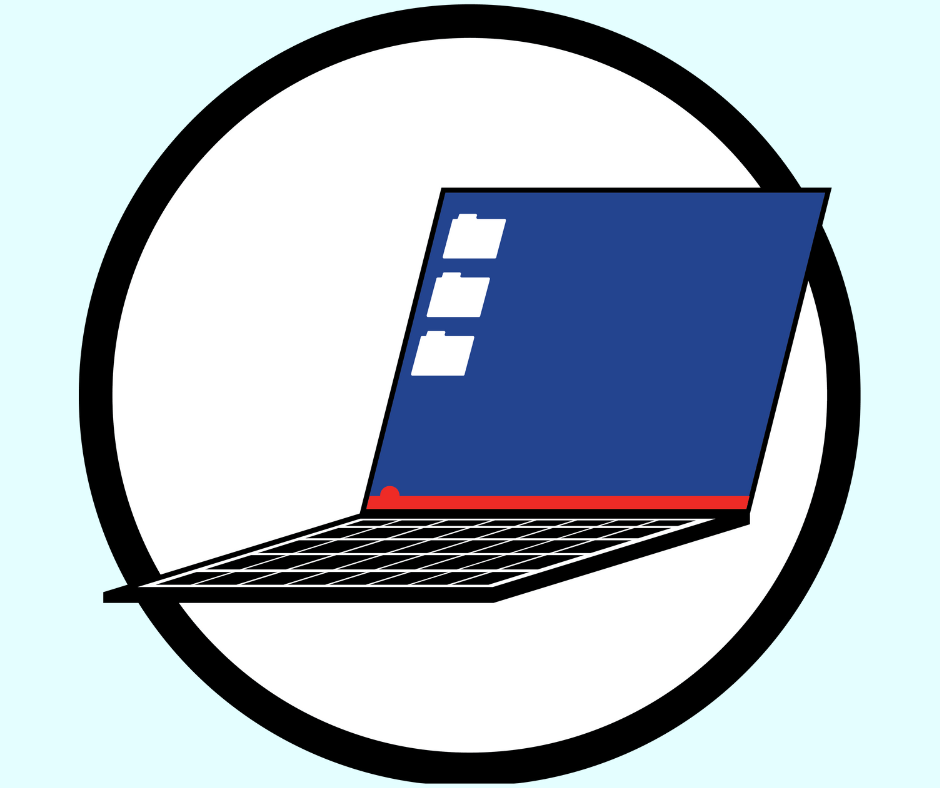IMAGE: Namibia Fact Check
Shorteners are common features in online scam-related posts and are a give-away that a post can be malicious
There appears to have been a significant surge in phishing scam posts in Namibian social media spaces over the last year or so, and especially in WhatsApp spaces.
The scam posts for the most part promote fake job opportunities and grants from both local and international entities operating in Namibia.
A common feature of these scams is the use of URL (Uniform Resource Locator) shorteners.
A URL or link is the unique address of every website and webpage on the internet, and URL shorteners are used to shorten links.
For instance, people may use URL shortening when webpage links are too long to post in a social media or messaging app post.
However, danger may lurk in shortened links.
Dangerous links
Numerous online resources warn against using URL shortening or clicking on shortened links.
This is because online phishing scams and the spread of viruses and malware are linked to the use of URL shorteners by cyber criminals and malicious hackers.
In phishing scams, online scammers and cyber criminals use link shorteners to direct unsuspecting internet users to fake web pages where their information is then stolen.
The URL shortening apps that appear to be favourites of scammers are the following:
- Tinyurl.com
- Bit.ly.com
- Goo.gl
- T.ly.com
Checking links
There are ways to make sure that you are not accessing a malicious link.
URL or link scanners and checkers are available online to assist.
Some link checkers or scanners that can be used are the following:
Namibian social media users are encouraged to avoid clicking on shortened links in suspicious social media posts, and to make use of link scanners and checkers if they encounter shortened links in posts to make sure they are safe.

